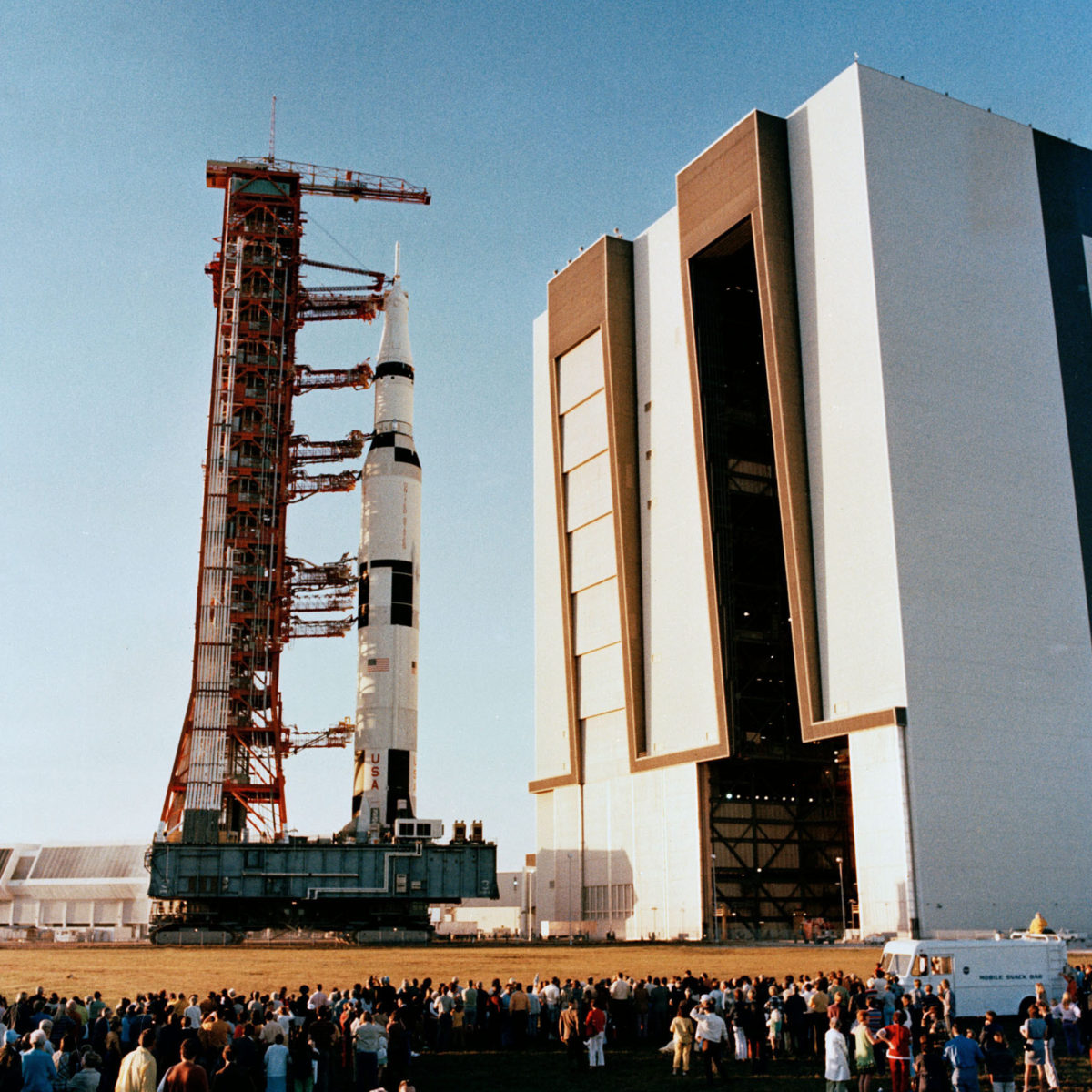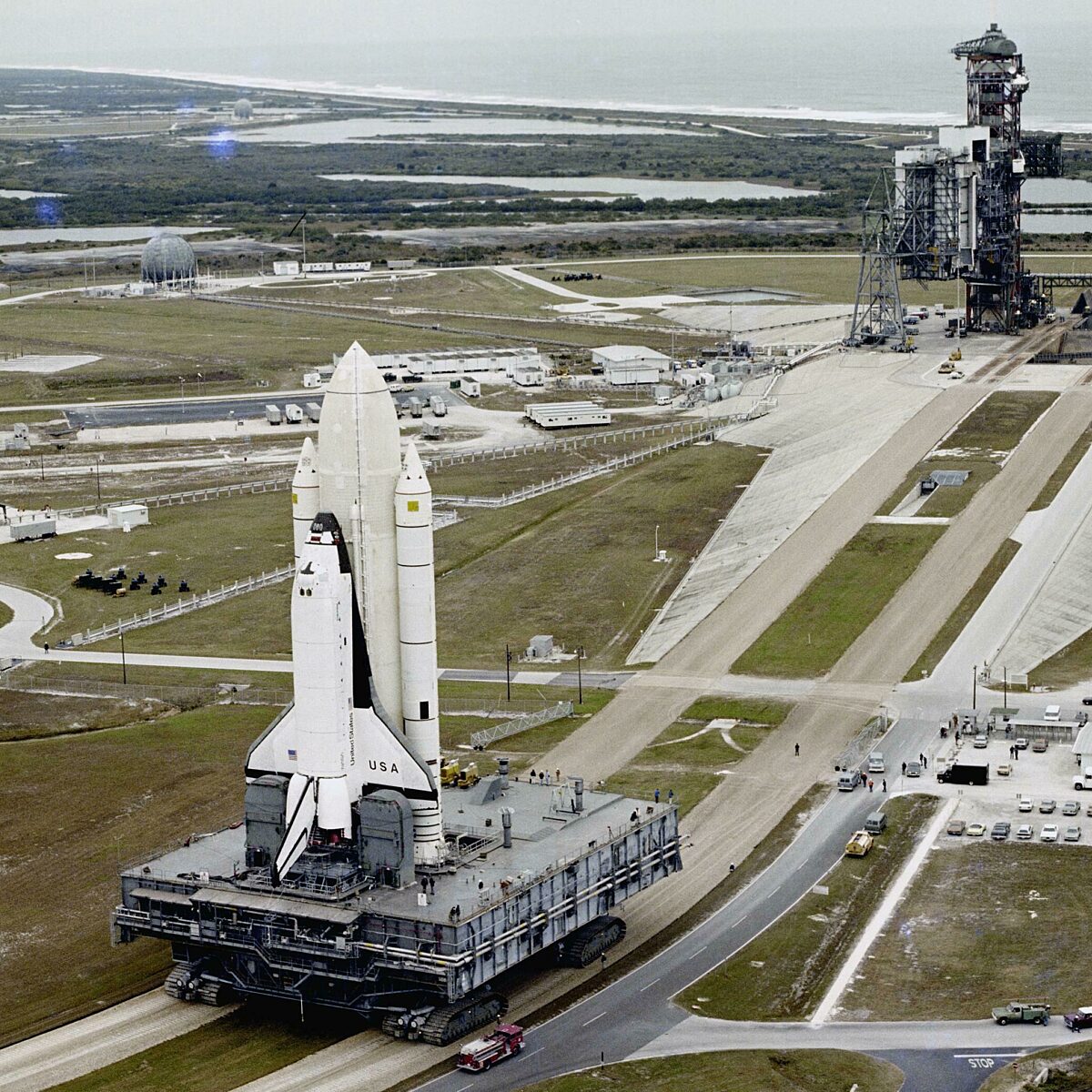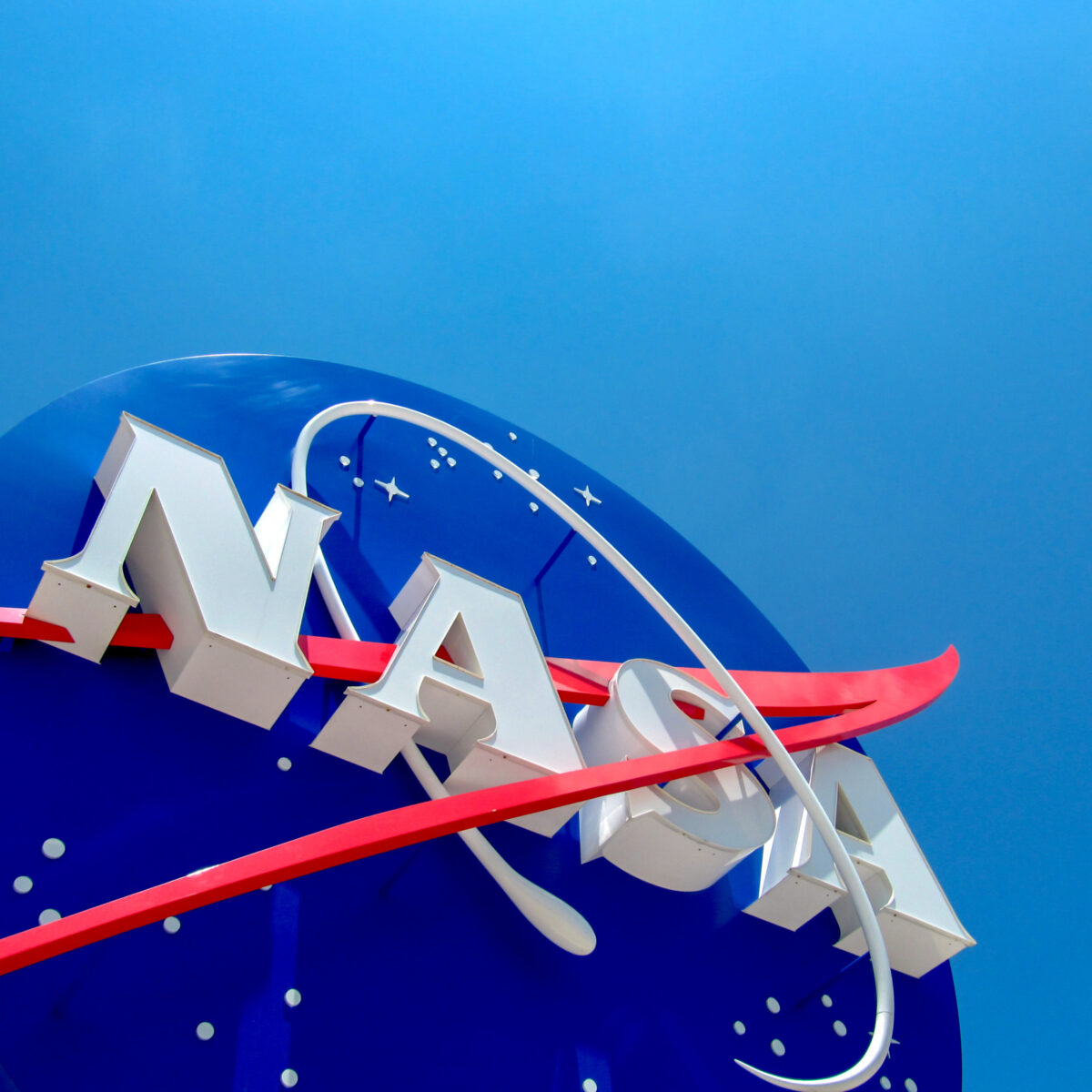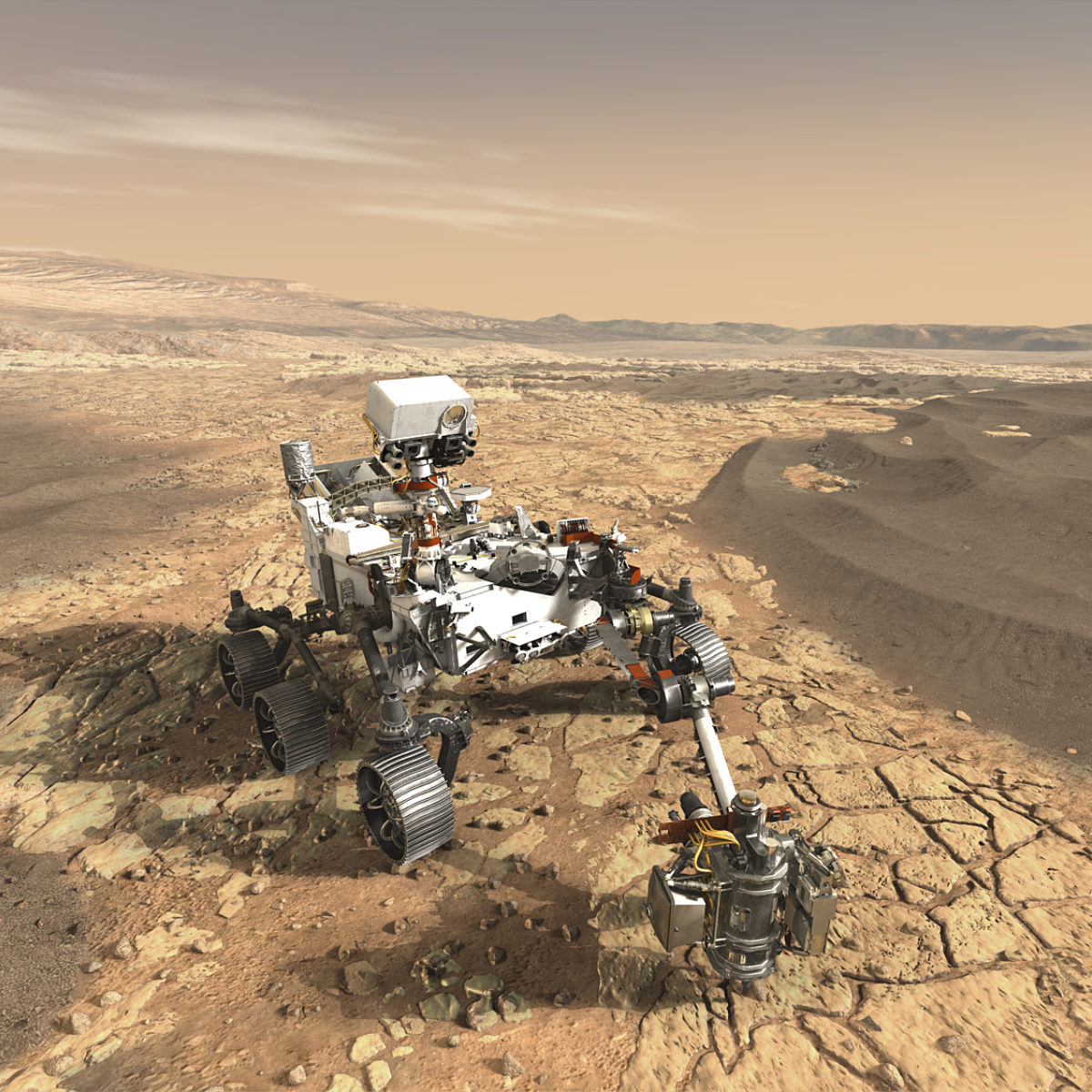Policy is the prime mover of space exploration. It sets in motion government resources, defines regulatory requirements, and releases funds from national treasures. Good policy is, therefore, critical for success in space.
The Planetary Society participates in the process of developing space policy by providing original analysis, releasing policy recommendations, and generating useful data for public and academic use.
Featured Reports
Space Policy Recommendations for the Second Trump Administration
The Planetary Society believes that by embracing a clear and unwavering commitment to exploration, discovery-based science, and the unique capabilities of public and private space sectors, NASA can help maintain technology leadership, promote an open and inquisitive culture, and enable ongoing economic prosperity. We have a solid foundation from which to work. And by embracing the unique role of NASA and its responsibility to the nation, the path forward will endure for years to come.
The Search for Life as a Guidepost to Scientific Revolution (PDF)
In this submission to the 2023 - 2032 planetary science decadal survey, The Planetary Society argued for the importance of the search for life, not just as an inspiring goal, but as a means to achieve a scientific revolution within biology and medicine. Unlike past revolutions, searching for life presents a clear pathway for success: we know how to do it, and we know where to look.
Datasets
The Planetary Exploration Budget Dataset
The cost per mission, per year, for every robotic planetary exploration effort in NASA's history.
Project Apollo Historical Cost Dataset
A rich data set tracking the costs of Project Apollo, free for public use. Includes unprecedented program-by-program cost breakdowns, facilities construction, salaries, and related programs.
How Much Did it Cost to Create the Space Shuttle?
Between 1972 and 1982, NASA spent approximately $10.6 billion to develop the space shuttle and its related facilities.
Your Guide to NASA's Budget
How big is NASA's budget right now? What was it like in the past? How does it compare to the rest of government spending? These answers, as well as charts, raw data, and original sourcing, are contained within.
Latest Articles and Analysis
Space Force: An Explainer
Have questions about Space Force? We have answers.
National Academies: NASA needs a plan for Mars
Though progress is being made on Mars Sample Return, a new report from the National Academies recommends NASA have a long-term plan for robotic Mars exploration, and work to ensure communications infrastructure is maintained at the Red Planet. These recommendations largely align with those made by The Planetary Society in a report released in 2017.
Space Policy & Advocacy Program Quarterly Report - July 2018
The Planetary Society's Space Policy and Advocacy team publishes quarterly reports on their activities, actions, priorities, and goals in service of their efforts to promote space science and exploration in Washington, D.C.
It's midterm evaluation time for NASA's planetary program
A new report assesses how NASA’s Planetary Science Division has implemented (or not) the top recommendations of the scientific community for the exploration of the solar system.
Planetary Radio: Space Policy Edition
The Planetary Society's Chief Advocate, Casey Dreier, hosts this monthly podcast that engages the world's experts in space policy and history to share the behind-the-scenes stories of how space exploration actually happens. Available on major podcast providers, learn how to subscribe.
We check in on the congressional budget process for NASA, Mars Sample Return’s spiraling cost growth, and the impending end of the regulatory holiday for human commercial space launch companies.
How We Work: Space Policy & Advocacy
Space exploration doesn't just happen—it requires a vigilant and educated public to demand support for this unique program. Be one of them. We'll show you how.
Space Agencies
A look at some of the agencies that make space science and exploration possible.


 Explore Worlds
Explore Worlds Find Life
Find Life Defend Earth
Defend Earth












